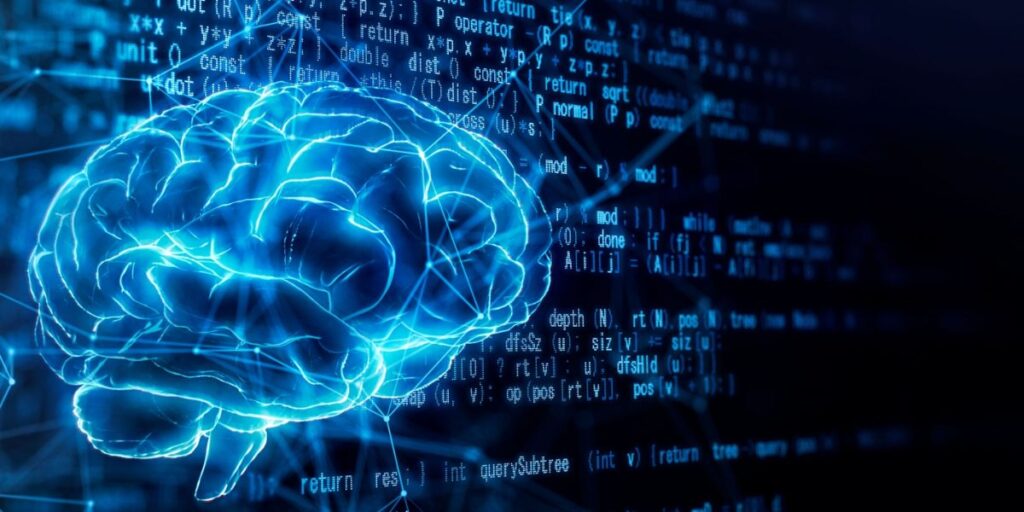The year 2016 marked a significant period in the evolution of artificial intelligence (AI). Rapid advancements in machine learning, neural networks, and data processing capabilities heralded transformative changes across various industries. From self-driving cars to AI-driven personal assistants, the technologies that once belonged to the realm of science fiction were becoming a reality. This article explores the key developments, breakthroughs, and challenges in the field of AI during 2016.
Key Developments in AI
Machine Learning and Deep Learning
2016 saw major strides in machine learning and deep learning, the backbone technologies of modern AI. These advancements were largely driven by increased computational power, the availability of large datasets, and improved algorithms.
- Neural Networks: Deep learning, particularly through the use of neural networks, reached new heights. Techniques such as convolutional neural networks (CNNs) and recurrent neural networks (RNNs) became more sophisticated, enabling more accurate image and speech recognition.
- Reinforcement Learning: Reinforcement learning gained prominence, with AI systems learning optimal behaviors through trial and error. This technique was exemplified by AlphaGo, developed by Google DeepMind, which defeated the world champion Go player Lee Sedol in a historic match, showcasing the potential of AI to master complex strategic games.
Natural Language Processing (NLP)
Natural language processing saw significant improvements, allowing AI systems to understand and generate human language with greater accuracy.
- Chatbots and Virtual Assistants: AI-driven chatbots and virtual assistants, such as Apple’s Siri, Amazon’s Alexa, and Google’s Assistant, became more prevalent. These systems utilized NLP to provide more intuitive and human-like interactions with users.
- Translation Services: Neural machine translation (NMT) models improved the accuracy and fluency of automated translation services. Google’s Neural Machine Translation system began rolling out, significantly enhancing the quality of translations.
Autonomous Vehicles
The development of autonomous vehicles accelerated in 2016. Companies like Tesla, Google (Waymo), and Uber made significant progress in self-driving car technology.
- Advanced Driver Assistance Systems (ADAS): Tesla’s Autopilot, an advanced driver assistance system, received updates that improved its capabilities. Although there were challenges and incidents, these developments highlighted the potential and risks of autonomous driving technologies.
- Regulatory and Ethical Considerations: The rise of autonomous vehicles prompted discussions about regulatory frameworks and ethical considerations. Questions about liability, safety standards, and the impact on employment became central topics of debate.
AI in Healthcare
AI applications in healthcare made notable advancements, promising improvements in diagnostics, treatment planning, and patient care.
- Medical Imaging: AI systems demonstrated their ability to analyze medical images with high accuracy. Deep learning algorithms were applied to detect conditions such as cancer and diabetic retinopathy, often outperforming human specialists.
- Personalized Medicine: AI-driven predictive analytics began to show potential in personalized medicine, helping tailor treatments to individual patients based on genetic, environmental, and lifestyle factors.
Breakthroughs and Achievements
AlphaGo’s Historic Victory
One of the most celebrated AI achievements of 2016 was AlphaGo’s victory over Lee Sedol, one of the world’s top Go players. This event was a milestone in AI development, demonstrating the power of deep reinforcement learning and complex neural networks. AlphaGo’s success underscored the potential for AI to tackle problems previously considered too complex for machines.
Improved AI Accessibility
The democratization of AI tools and frameworks continued, with companies like Google, Facebook, and Microsoft releasing open-source AI libraries and platforms. TensorFlow, an open-source deep learning framework by Google, became widely adopted, empowering developers and researchers to build and experiment with AI models.
AI in Entertainment
AI began to influence the entertainment industry, with applications in content creation, recommendation systems, and interactive experiences. AI-driven recommendation algorithms by Netflix, Spotify, and YouTube became more sophisticated, enhancing user experiences by providing personalized content suggestions.
Challenges and Ethical Considerations
Bias and Fairness
As AI systems were increasingly deployed in real-world applications, concerns about bias and fairness became more pronounced. Biased training data led to discriminatory outcomes in areas such as hiring, lending, and law enforcement. Ensuring fairness and accountability in AI algorithms emerged as a critical challenge.
Privacy Concerns
The use of large datasets for training AI models raised significant privacy concerns. The collection and processing of personal data, often without explicit consent, highlighted the need for robust data protection regulations and ethical guidelines.
Job Displacement
The potential for AI to automate tasks traditionally performed by humans raised concerns about job displacement and economic disruption. Discussions about the future of work, the impact on various industries, and the need for reskilling and upskilling the workforce became more urgent.
Conclusion
The year 2016 was a pivotal year for artificial intelligence, marked by remarkable advancements and achievements. From AlphaGo’s historic victory to the proliferation of AI in everyday applications, the progress made during this year laid the foundation for future innovations. However, it also brought to light significant challenges and ethical considerations that continue to shape the discourse around AI. As AI technologies evolve, addressing these challenges while harnessing the potential of AI remains a key priority for researchers, developers, policymakers, and society at large.
